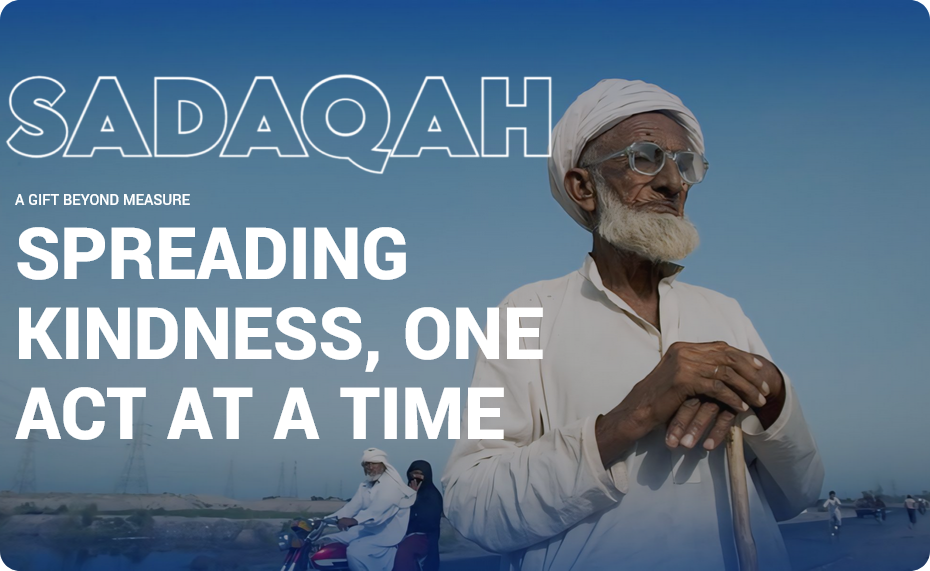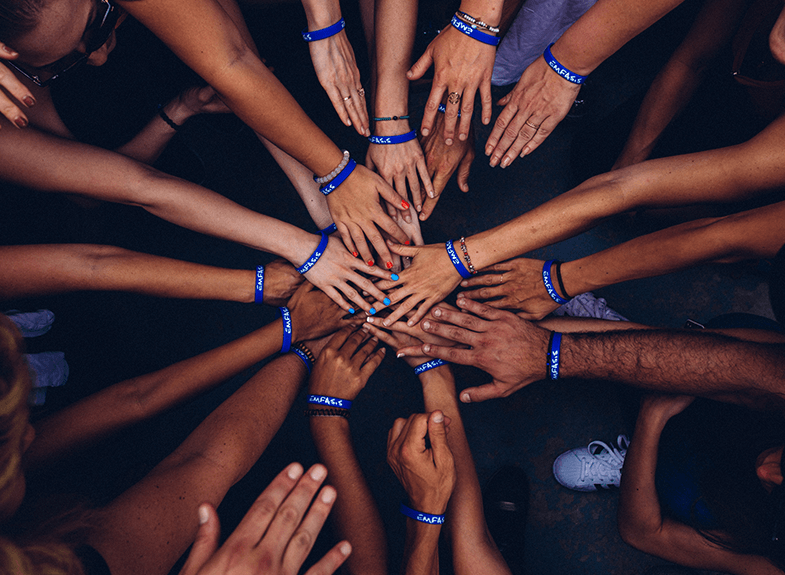
A Gift Beyond Measure
Spreading Kindness, One Act at a Time

Sadaqa (صدقہ)
Sadaqa (صدقہ) is an Arabic term that refers to voluntary charity or acts of kindness. It is considered a virtuous deed in Islam and is encouraged as a way to demonstrate compassion, empathy, and generosity towards others.
Through your Sadaqah, The Diabetes Centre ensures free-of-cost treatment to the deserved. Let’s spend your Sadaqah on the deserving patients of TDC.
Anyone can give sadaqah of any amount to the treatment of deserving patients. We may want to focus on what we need, saving, and sadaqah, as a good balance for our wealth.
Types of Sadaqa
- Monetary Sadaqa: Donating money to the poor, needy, or charitable causes.
- Non-Monetary Sadaqa: Donating goods, services, or time to benefit others.
- Dua Sadaqa: Making supplications or praying for others.

The Diabetes Centre (TDC), is a not-for-profit state –of – the art healthcare facility located in Islamabad Phulgran Stop (Murree Expressway toll plaza), established under section 42 of the Companies Act 2017 of Pakistan with the Securities and Exchange Commission of Pakistan (SECP). The aim of the diabetes center is to provide high quality medical care to our valuable patients. Our skilled team support, run, manage, and maintain hospitals, clinics, operation theatres, diagnostic centers, indoor and outdoor treatment facilities in all over Pakistan, mainly for diabetes and generally for other diseases. .
The Hospital has provided state-of-the-art treatment facilities to deserving Diabetes patients.
Hadith
"The Prophet (peace be upon him) would give charity throughout the year but increase his sadaqah during Ramadan. Ibn Abbas (may Allah be pleased with him) said, “The Prophet (peace be upon him) was the most generous of people, and he was most generous during Ramadan” (Hadith, Sahih Bukhari).
- Donating to Charity: Giving money or goods to reputable charitable organizations.
- Volunteering: Offering time and skills to help others, such as at soup kitchens, hospitals, or community centers.
- Helping Neighbors: Assisting neighbors with tasks, such as grocery shopping or household chores.
- Smiling and Kind Words: Offering a smile, kind words, or a listening ear to brighten someone’s day.
- Spiritual Growth: Sadaqa helps to cultivate a sense of compassion, empathy, and selflessness.
- Social Welfare: Sadaqa contributes to the well-being of individuals and communities in need.
- Economic Benefits: Sadaqa can help to reduce poverty and inequality.
Hadith
"The upper hand is better than the lower hand. The upper hand is the one that gives, and the lower hand is the one that receives." - Prophet Muhammad (peace be upon him)
"Sadaqa extinguishes the Lord's anger and protects against a bad death." - Prophet Muhammad (peace be upon him)
Atiya Donations & Nafli Sadaqah
Atiya donations are voluntary charitable contributions made to support a specific cause or organization. They are not obligatory, but rather a way for individuals to demonstrate their generosity and compassion.
Nafli Sadqa refers to voluntary charitable donations made without any obligation or expectation of reward. It is a way for individuals to purify their wealth and souls, and to demonstrate their gratitude to Allah.In Islam, Nafli Sadqa is considered a highly rewarding act, as it is a way to demonstrate one’s devotion to Allah and to support those in need.
By making Atiya donations, individuals can earn the rewards of Nafli Sadqa, while also supporting important causes and organizations.
Here are some Hadiths (sayings of the Prophet Muhammad Peace Be Upon Him) regarding Nafli Sadaka:
Hadith - 1
The Prophet Muhammad (peace be upon him) said: "Charity wipes out sins like water extinguishes fire." (Tirmidhi)
Hadith - 2
The Prophet Muhammad (peace be upon him) said: "Every day, two angels descend from heaven. One says: 'O Allah, compensate those who spend (in charity)' and the other says: 'O Allah, destroy those who withhold (charity)'" (Bukhari).
Hadith - 3
The Prophet Muhammad (peace be upon him) said: "The upper hand is better than the lower hand. The upper hand is the one that gives, and the lower hand is the one that takes." (Bukhari).
Hadith - 4
The Prophet Muhammad (peace be upon him) said: "A charity is due for every joint in each person on every day the sun comes up. To act justly between two people is a charity. To help a man with his mount, lifting him onto it or hoisting up his belongings, is a charity. A good word is a charity. Every step you take to prayers is a charity and every Raka you prostrate is a charity." (Bukhari).
These Hadiths emphasize the importance of charity and the rewards that come with it. They also highlight the benefits of giving charity voluntarily, as in the case of Nafli Sadaka.



